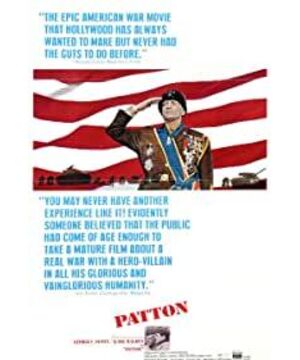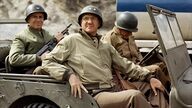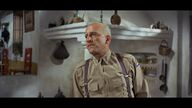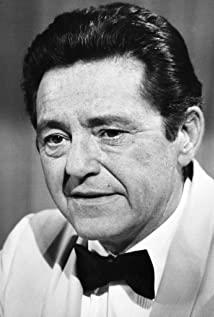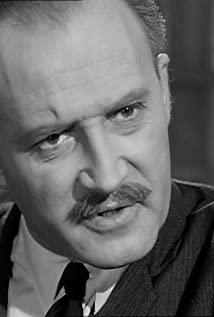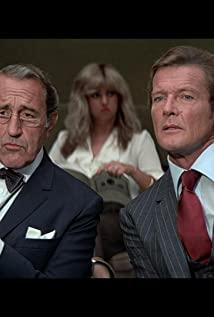Patton's several failures were amplified by the media, resulting in him being excluded from the war, and the praise he received on the German side was much greater than that of the allies. Assaulting the soldier, saying that he is weak, this traditional attitude of war, in the eyes of modern psychologists, is inhumane. Speaking badly about the Soviet Union is certainly everyone's attitude, but it is not wise to say it publicly. In the United States at that time, he was not popular and was excluded from the circle of power, but in the United States today, although Trump is not popular, he is able to ascend to the highest power. This is history.
Patton's war achievements are not represented in the movie. There are three games in total: the desert war in North Africa, the mountain war in Sicily, Italy, and the plain war in the European battlefield. In the first scene, because of the intelligence and preparation, he couldn't see his strategy at all, only knew that he was not afraid of death, and he stuck his head when the plane came. In the second game, he rushed to Mosina, and sacrificed a lot of soldiers for the record. Although he himself didn't care about life and death, he still didn't have to die after all. This reminds me of Chairman Mao. I didn't see much record here either. How to shoot donkeys and condolences the soldiers, just like that. This is to learn from the characteristics of Zuo Zhuan, writing that the war is concentrated outside the war, not in the specific war scenes. This is the difference between shaping a general and shaping a company commander. In the third game, Button really charged forward, marching in the snow, not forgetting to pray, and he personally directed the traffic, and finally rescued the trapped Allies. It was also the thunder and the rain. There were not many war scenes, so it was muddled. Li wins confusedly.
The director also used literary techniques to shape Patton's image of a god from Rommel's perspective. From Hitler to Rommel, the Germans were surprisingly afraid of Button, not even Montgomery, let alone Bradley, Eisenhower. The Allied forces were also happy to see the result, using Patton as a cover to open the Normandy landing. The stupidity of the Germans is really embarrassing. Hitler was a personal dictator, hitting Britain and Russia. He didn't understand diplomacy, and he brought the United States. The more stupid he became in the later stage, I really admire him.
This is the classic Hollywood method, the temperament that epic films are used to: the soothing rhythm, the tuned dialogue, the grand scene, the close-up and the distant view are alternately presented, and it looks very comfortable.
As far as Americans are concerned, they are populist and pragmatic. Southern aristocrats like Patton always pay homage to historical sites and chant their poems, which is really rare. Moreover, his stubbornness and straightforwardness are even more unpleasant in the cunning diplomatic and military fields. I wonder why the Americans suddenly became so enthusiastic about the classical character Barton in 1970?
If you look at Button now, I am afraid that Sichuan fans will like it, especially white Americans. Button fits their imagination. A devout Christian, a cold-faced hero who never talks about pain and failure, and a literary and humorous speaker. Clint Eastwood must like it very much, Ridley Scott may not like it.
View more about Patton reviews


